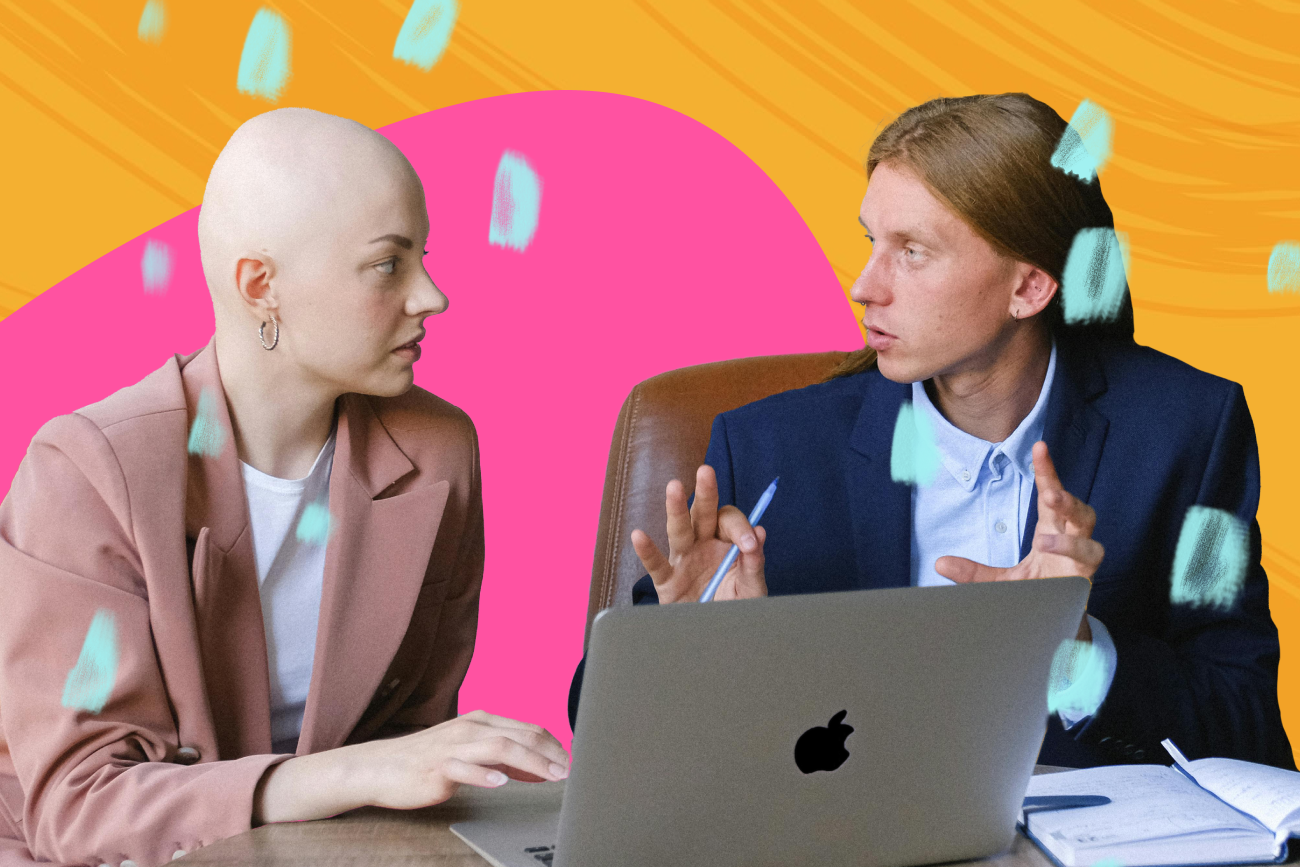Preparing For The Future Of Work Today
I caught a glimpse of the new wave of work as the world was recovering from the global financial crisis in 2008. In the decade that followed, I joined a movement of forward-thinking individuals and companies trying to inspire the world to a “new normal.” We empowered company leaders to dive into opportunities with emerging technologies, the sharing economy, and the connected generation. I saw that seismic changes were upon us. And sure enough, what was born in startup tech, soon became the mantra of modern companies of all sizes, in all sectors of the economy.
How the future of work came about
The shift to the Future of Work came much slower than most of us predicted in the early 2010s. The vast majority of companies in 2019 still believed in the debilitating hierarchy, 9-to-5 jobs in office cubicles, and the archaic annual performance review. Innovation either didn’t exist or was hidden in a small corner of the corporate engine. Being agile meant the organization could adopt new technology in under 2 years.
Then, COVID-19 took the world by storm.
In less than a month, North American businesses had their blinders torn off like a roof during a tornado. Companies that thought it would take a year to develop remote working guidelines and infrastructure did it in a matter of days. Retailers that didn’t see a need for an online experience launched e-commerce. And they rolled these solutions out in just weeks.
The changes we’re seeing from the pandemic
Not all global reaching crises change human behavior. The 2008 financial meltdown wasn’t enough to motivate 95% of companies to modernize their business. To be fair, demographic shifts (millennials becoming the largest generation in the workforce), the proliferation of the sharing economy (from Uber to Kickstarter), and the arrival of exponential technologies, were also largely disregarded by the “95 percenters.”
Now let’s look at companies responding to the impact of the global pandemic. I see a high level of transparency with business updates to both team members and customers. I’m seeing teams throwing away hierarchy and rallying behind innovations and common goals like never before. They are becoming more digitally savvy, are working in short, hyper-focused sprints, and of course, have adopted remote working. Perhaps most importantly, human centricity is prevailing.
Human Resources aren’t cogs in a wheel, they are people. Companies leading today always knew, or are finally realizing this. And this extends to customers too. It’s so refreshing to see companies building products and delivering services that solve real problems. And all this was done without warning or planning. Imagine what could have transpired if more organizations (and society at large) had invested in the Future of Work years earlier.
What should we expect next?
Things may never go back to normal. This quick shift into remote work has shown us that we are more than capable of operating in a distributed setting. And the aspects of a modern company, including authentic company cultures that celebrate diversity, equity, and inclusion; transparency; cross-functional collaboration; continuous feedback; remote working; and the best tools, will naturally innovate and thrive.
In life’s hardest times, we must find the silver linings. In this case, I hope that the 95% finally awaken from their deep-freeze and invest in work and life experiences that most North Americans have craved. A new normal is upon us and if we’ve learned anything in the last few months, it’s that with enough collective will power, we can change almost anything—with or without the devastation of a global crisis. We’re not going back to the old way of work.
In my next post, I’ll share a 4-archetype model of companies and how each will fare in a post-COVID world. Click here to keep reading.

Rocky Ozaki is the Founder and CEO of the NoW of Work, a business transformation firm thats primary focus is inspiring executive leaders and helping them build truly resilient organizations. He’s obsessed with creating frameworks that empower companies to master the art of innovation and agility.



